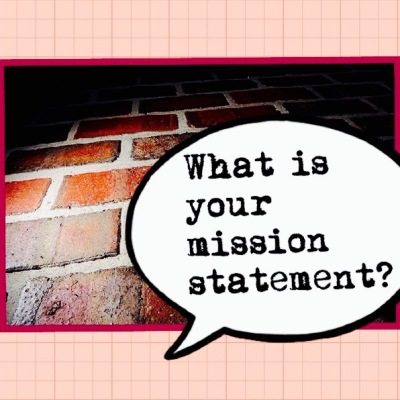
Don’t put all your eggs in one basket
It is a strange phenomenon, particularly in Education that coaching and mentoring are always lumped together. It is not unlike the pairing together of Science and Maths as if they have exactly the same thinking processes, but don’t get me started on that. However, with coaching and mentoring we can even see people/institutions/courses declaring to use the terms interchangeably. Why should we care? Well Mentoring is a hot topic at the moment in schools. The ITT Market Review has just been published at time of writing and there are references to mentoring qualifications as well as mentoring leadership teams. Having spent some time looking at both it seems a real waste to not spend time considering the distinctive aspects of both.
Coaching is possibly most commonly associated with sport and those trainees on our PGCE PE courses will be aware of the clear distinctions that are made between coaching and teaching. Again, it is another puzzle that often educators assume that all teachers would automatically be good coaches (and good mentors). The roles have very different demands and it seems to downplay the distinctive elements of coaching. What is really interesting from a leadership perspective is that being a good coach certainly seems to involve a displacement of ego. The coach needs to be able to step back. They are not the main attraction, it is not about them and their experiences. An effective coach is almost a ghostly figure that gently nudges the coachee forwards in an invisible way. Being on the receiving end of a coaching relationship is a journey of self-discovery made possible through this transitory relationship, but the goal should be a sense of accomplishment of not only setting your own goals, but also achieving them.
I really enjoyed reading Michael Bungay Stanier’s work on The Coaching Habit: Say Less, Ask More & Change the Way You Lead Forever (2016). In particular he writes about the temptation of coaches to become Advice Giving Monsters (Stanier, 2016, p60). Stanier writes about the temptation to jump into situations and to share a personal experience as a way of saying, I would do this, because when I was in a similar situation I did this. This, of course, shifts the focus from the client to the coach. It becomes about the coach’s experience, the coach’s approach and the coach’s response. This is the opposite to the overall desirable approach of focusing on developing the colleague or student to be able to gain confidence from examining their own responses. There is definitely a place for developing coaching relationships in education whether it is through the coaching of students, which would fit neatly with many pastoral structures or through coaching (across departments I would suggest) colleagues.
If coaching is about displacement of ego, does that mean that mentoring is all about ego? No, but the knowledge and expertise of the mentor does play a key part. This is really worth considering not least because of the many different mentoring courses that are out there. I find it interesting that many of the courses focus on what to do in practical terms, but sometimes little on what the role involves in terms of the identity of the mentor. It is useful to look at practical situations and to explore what options mentors have when faced with more challenging moments, but it is also important for the mentor to know why they are right for mentoring in that role. If the coaching relationship involves the wisdom of the coach in the displacement of themselves then perhaps it would be fair to say that the mentoring relationship requires the critical reflection of the mentor to be able to use their own experiences analytically to enable the mentee to develop their own practice. The mentor/mentee relationship is one that can develop over a longer period of time and this is likely to work best when the mentor shares their reflections on their own experiences with the mentee. That would mean that the best mentors should have experience to share, these things can never be rushed, but maybe that is because I’m old now!
For me then going into both roles require an examination of identity – what is going on with me, but the direction towards coaching or mentoring will mean different priorities. I would suggest that training to be either a good coach or a good mentor should not just be about what to do, but also, using Sinek’s framework (2011), establishing your why. Why do you want to be coach? Why do you want to be a mentor? There will be a big difference between finding out what you need to do the role and training to understand the nature of the role and how you connect to that on a personal basis.
Here comes the advertisement bit, my Faculty of Education runs a course on Mentoring that has different exit points to allow you to engage at the level you want – either a certificate, a diploma or through to a full Masters. Rather than say it is research informed I would say that research runs through the courses like words through a stick of rock. This is in parallel with our desire to enable those working in these areas to become critically reflective practitioners. If you want to know more about these courses do click here: https://www.buckingham.ac.uk/find-a-course/?textsearch=mentoring
Bungay Stanier, M (2016), The Coaching Habit: Say Less, Ask More & Change the Way You Lead Forever, Toronto, Box of Crayons Press
Sinek, S (2011), Start with Why, London, Penguin
From the blog
Share this!
Tweet

